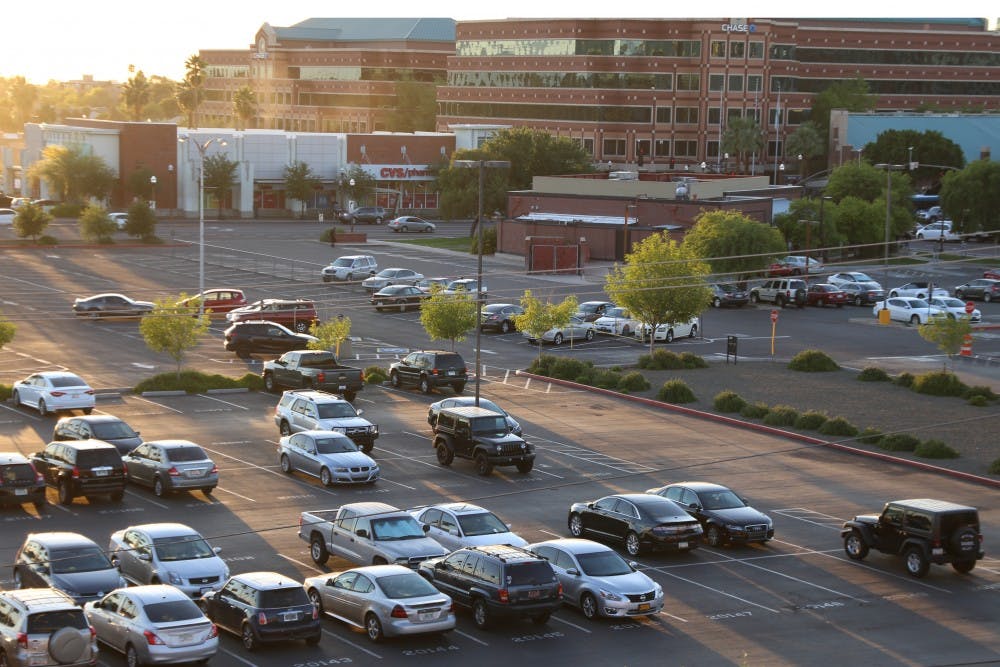In a few years, the graduating class of seniors may not be the only seniors on campus anymore, because ASU is implementing a new type of residential hall — a continuing care retirement community.
ASU, the ASU Foundation and Mirabella Urban Living are coming together to organize the development of a retirement community on campus inspired by similar communities in Portland and Seattle.
Randy Levin, senior vice president and managing director for assets at the ASU Foundation, explained that he thinks the facility's senior residents will benefit greatly from a retirement community on the University campus.
"We hope that the facility will include intergenerational childcare facilities, which have been shown to improve academic performance and social maturity for children and to increase emotional and physical health for aging adults," he wrote.
Levin said there will be many opportunities for ASU students to benefit as well, including internships and major-related programs that will provide students with invaluable hands-on experiences in their field.
"In addition to proposed internships that would enable ASU students to assist in planning and marketing efforts, the facility intends to integrate its programming with a number of ASU research and teaching units — including early childhood education programs, arts programs and health innovation programs — so that students can share their talents and continue their learning in a new setting," he said.
The residents will each receive a student ID card to allow them access to the school's library, as well as access to audit classes.
Levin said there will be many benefits in the facility for the residents to enjoy, including on-site physicians and opportunities to get involved with on-campus research and projects.
Nursing sophomore Maryann Hoang said she thinks the project is a great idea.
"As a nursing major, I think that's a really good idea because in geriatrics, there are a lot of cases where there's high depression because they're in homes where there's not very much activity other than being around each other, and it's really difficult for them," she said.
She said she thinks the students will benefit from the new residential community as well.
"The older people are living history," Hoang said. "You learn from these people best, rather than a book. I feel like being around these people, you'll get to learn things you can't learn from a book."
Psychology junior Jayce Carle said he thinks this project will be a great way to implement a new culture on campus as well.
"It'll give the school a little diversity," he said. "We have a lot of diversity of cultures, so I think a little diversity with age will benefit us as well. Maybe we'll become a little more tolerant and patient with people who are of a different generation than us."
There are currently around 100 other university-based retirement communities like this around the country, including The Village at Penn State, The Forest at Duke University, Longhorn Village at the University of Texas, Austin and Dartmouth University's Kendal at Hanover.
Related links:
Report emphasizes positives of Ariz. elderly population
What do ASU students have in common with elderly Koreans?
Reach the reporter at aegeland@asu.edu or follow @alexisegeland on Twitter.
Like The State Press on Facebook and follow @statepress on Twitter.




